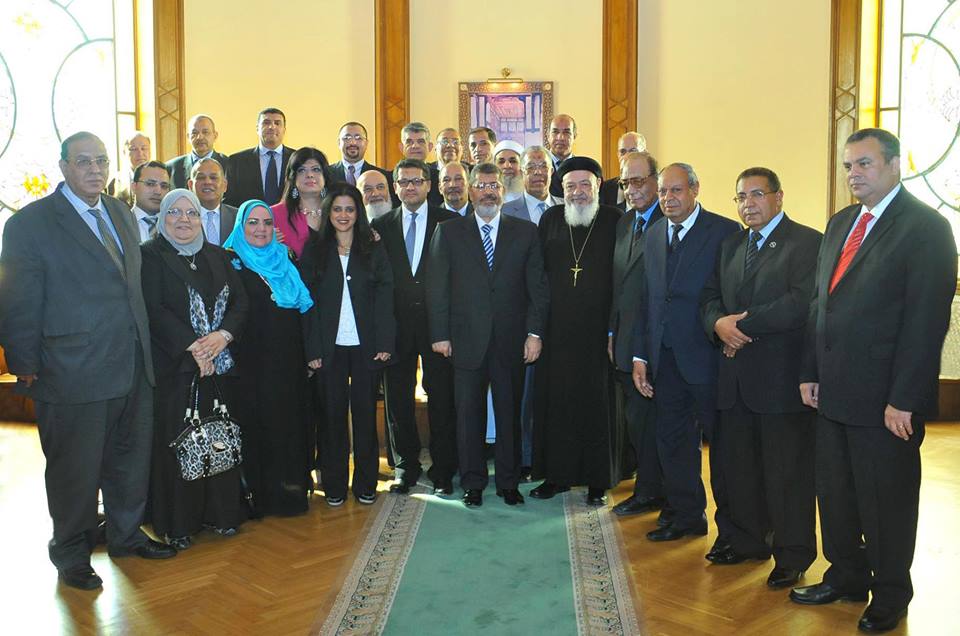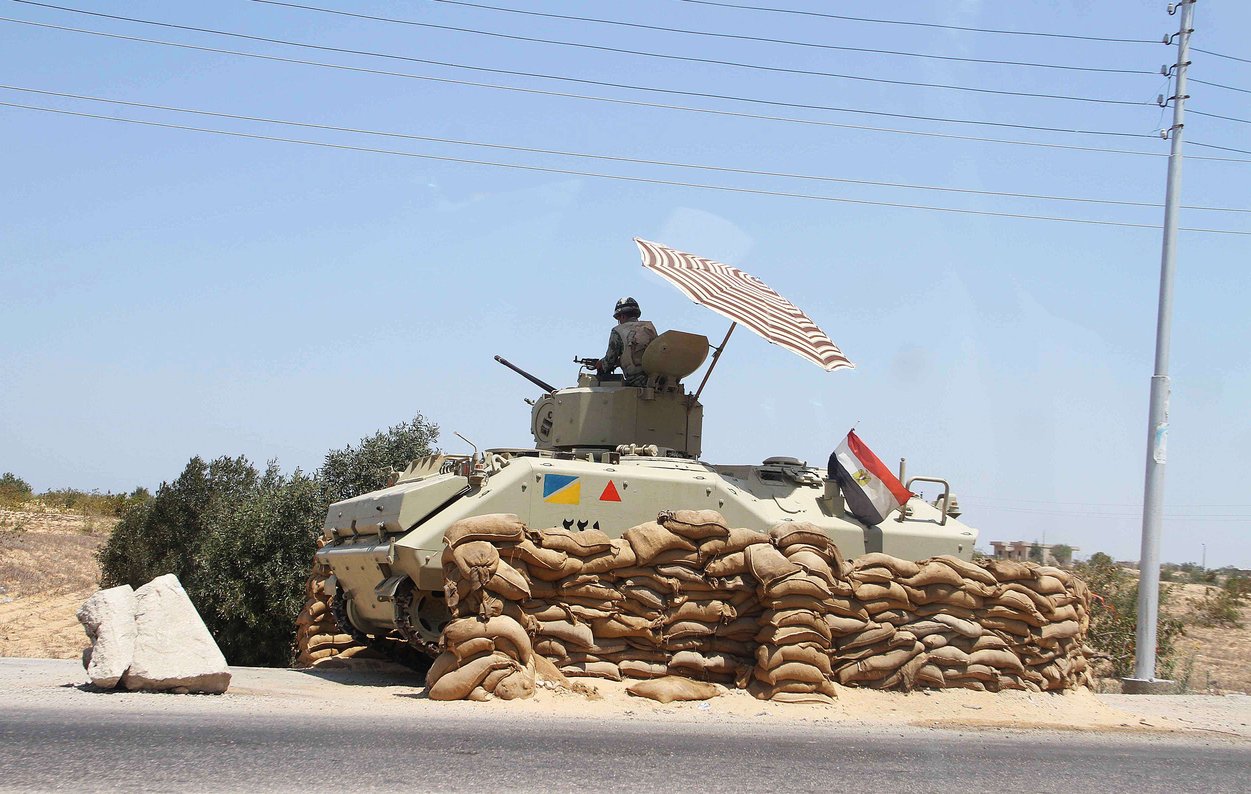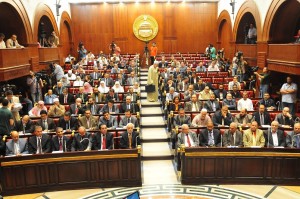EOHR calls on Interior Ministry to refrain from using lethal force
The Egyptian Organisation for Human Rights stressed the importance of the application…
Lawyers request to visit Brotherhood leaders
Human rights lawyers have filed a request to meet with arrested party…
Condemnation of violence at the Republican Guard headquarters
General call for prompt investigations, FJP calls for international intervention
EOHR calls for a change in attitude regarding torture
The Egyptian Organisation for Human Rights published a report on all torture…
Convictions in NGO trial ‘a disgrace’
Guilty verdicts and prison sentences in NGO trial draw international condemnation
President pledges financial support for civil societies
President Mohamed Morsi says he is very interested in establishing partnerships between…
EOHR: The abduction of soldiers in Sinai is an act of terrorism
The Egyptian Organisation for Human Rights called for “quick and immediate intervention”
Shura Council calls for Homeland Security reform
Council accuses Homeland Security of torturing citizens and withholding information about the…
EOHR demands investigation into allegations of torture
Egyptian Organisation for Human Rights claims a prisoner was tortured twice by…
EOHR condemns torture in Assiut
The Egyptian Organisation for Human Rights condemns the use of torture by…






